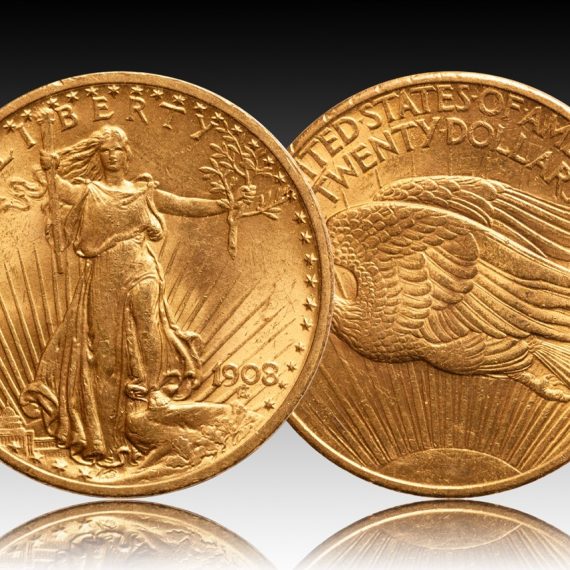January 25, 1999 – The Internet offers the potential to become one of the greatest technological advances in the history of mankind. I truly expect that in time it will prove to be as significant a development as the printing press, the steam engine, and even as big and an important advancement as the microchip, itself a technological marvel that provides the computing power that makes the Internet possible.
The Internet has already begun to revolutionize commerce, communication, and the dissemination of information. Each of these areas is an important focal point of our society, so it is only logical to conclude that the Internet is inevitably leading to a fundamental change in the way we humans interact with one another. Distance is no longer the impediment it once was to communication and commerce because the Internet truly has a global reach.
Given the above, it is understandable that investors are excited about the Internet and its potential. However, it does not follow that this excitement and the investment Dollars chasing the new Internet start-up companies make good financial sense. The bidding up of the Internet stocks to stratospheric market capitalizations smacks of a speculative bubble, and the rapid rise and collapse we’ve seen over the past few weeks in the price of many of these stocks strongly suggests that the bubble has burst. The first wave of Internet euphoria is now grinding to a halt.
There are many historic parallels to which the development of the Internet can be compared. The automobile industry provides plenty of good instruction for anyone trying to better understand the twists and turns that accompany the development of any new emerging industry as well as the trials and tribulations that inevitably must be endured by investors seeking an investment foothold.
At the turn of this century there were literally dozens and dozens of automobile ‘manufacturers’. I use this term guardedly and somewhat facetiously because these early manufacturers had little in common with today’s automobile assembly giants, and for that matter, they even had little in common with the automobile industry as it had evolved by the 1920’s. The lesson for today’s Internet companies is clear.
Many of the companies today attempting to plant their flag on this new territory called the Internet will fail. Through a process of selection fostered by competition and new ideas, the market will reward a chosen few, namely, those companies that best offer to the market a product that the market wants.
Those companies who cannot compete – that is to say, they do not offer what the market wants – will in time cease to exist, like the Reo, Cord, Kaiser and Studebaker, all of which may have been good cars and good manufacturing companies. But they all failed the most important test – acceptance by the market.
This general observation about the freemarket process is particularly true for a new industry that has yet to even define its product, let alone realize, its full potential. This point can be explained by again using the early automobile industry as an example.
Just like the early automobile industry quickly evolved from the garages of home-grown entrepreneurs into an industry of mass production as a result of Henry Ford’s innovations, so too did the product quickly evolve. The early automobiles of the 1890’s had an appearance more in common with the horse-drawn carriages they eventually replaced than they did with what we now envision when we think of a car.
Those early efforts consisted mainly of putting an engine on the back of a buckboard, with the driver sitting on top, steering the contraption with a stick fixed to the front axle. There was no roof, nor fenders, windows or doors. It was a 19th century mode of transport – the horse-drawn carriage – powered by an engine instead of horses.
Those early inventors did not fully realize what had been invented. The first automobile inventors and the entrepreneurs who began manufacturing these new contraptions did not conceive the full potential of this new invention. Nor did they realize that they were not restricted to the existing conventions defining the form that a transportation product should take. In other words, they did not realize that their invention would transform what the market perceived transportation to be.
It took a decade or two before the automobile evolved from the 19th century look of a buckboard with an engine to the 20th century look of the automobile. There are parallels to this evolution with the Internet.
For example, Amazon.com is described as the Internet’s biggest book retailer. But is this company using the new technology of the Internet to its full potential, or is Amazon merely combining a 20th century product with 21st century technology? Compare Amazon.com to OnlineOriginals.com.
If you are not familiar with this company, as its name implies Online sells books over the Internet, but in contrast to Amazon, they are sold by Online in .pdf format which can be instantaneously downloaded at the time they are purchased. No waiting for Amazon to get the hard copy from the publisher, then pack it and ship it. No waiting for the Postal Service to deliver it. With Online you download your book right to your computer, with the click of your mouse.
So I ask, is Amazon like those early automobile inventors who put engines on the back of buckboards? Does this company recognize that they are no longer bound by what 20th century thinking conceives a book to be? Interesting questions, and no one knows the answer to them yet. But it will be fascinating to see how the market votes with its wallet in the months ahead.
In the meantime, is it prudent or is it folly to give companies like Amazon, Yahoo and dozens of other Internet startups market capitalizations in the tens of billions of Dollars? The meteoric rise in the price of these stocks and their spectacular collapse I think tells the whole story.
At its peak two weeks ago, Yahoo’s market capitalization exceeded $50 billion, a value greater than but a handful of the world’s largest telecommunications companies that provide the all important access to the Internet itself. Yahoo is now barely half that peak. The market I think has delivered an important. message. It’s back to reality as the market ponders what the Internet could some day be, and which companies will be an important part of it.

 My objective is to share with you my views on gold, which in recent decades has become one of the world’s most misunderstood asset classes. This low level of knowledge about gold creates a wonderful opportunity and competitive edge to everyone who truly understands gold and money.
My objective is to share with you my views on gold, which in recent decades has become one of the world’s most misunderstood asset classes. This low level of knowledge about gold creates a wonderful opportunity and competitive edge to everyone who truly understands gold and money.
